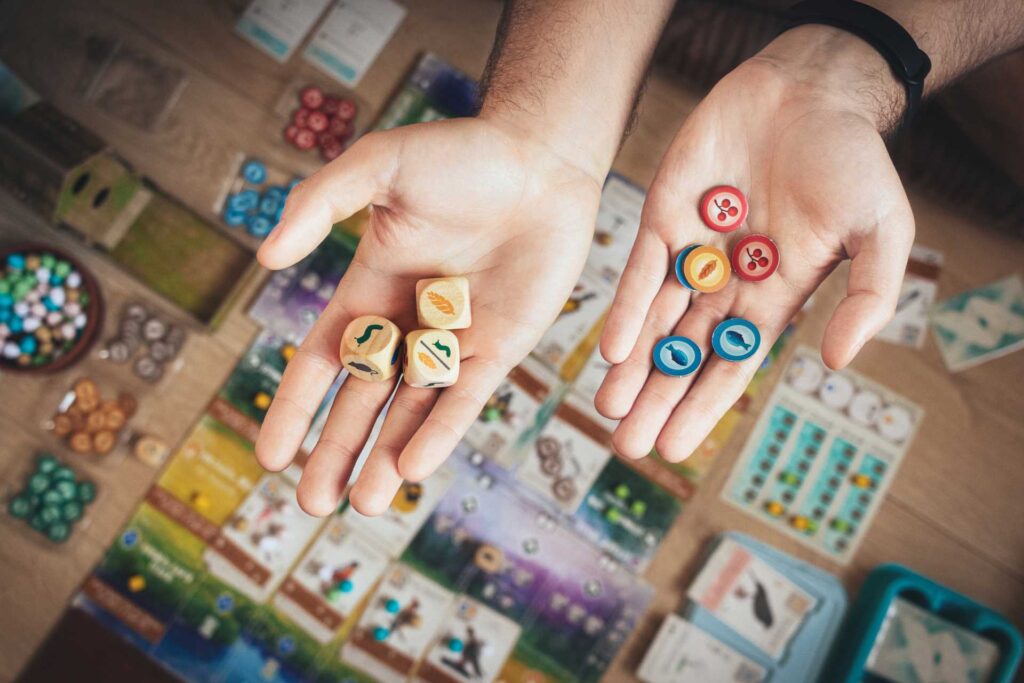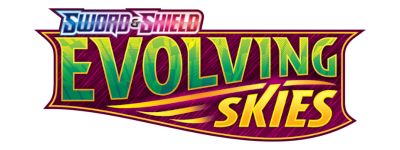Board Game Terminology – Board Game Glossary

Graphic Novel, Collectible & Board Game Shop
In-Stock & Ready to Ship
$10.00 Flat Rate Shipping Within Australia
New Special Every Week

Board game terminology has expanded substantially in the last two decades, especially if you are more accustomed to traditional favourites such as Monopoly or Cluedo.
Imagine sitting down to learn a new game and you hear “…crunchy game where the player with the most VPs wins. It’s an asymmetrical mix of set collection, card drafting, and worker placement. Each phase you get 4 actions, but sometimes 6…”, you may start to question your language abilities. Like many other hobbies, modern board games have a long list of terminology that players learn as they experience games. We offer this board game glossary to help ease the tension a bit, though of course, the best way to familiarise yourself with these terms is to play a bunch of games!
Action: Something a player can perform on their turn.
Action Point Allowance: Actions have variable action point costs and players can spend a set amount action points on their turn to perform the actions they choose.
Ameritrash Game: A genre of game that is strongly thematic and relies heavily on luck. Shorthand for “American Style Boardgames”.
Analysis Paralysis: Term for when a player fails to make a decision due to being locked into analysing all their potential choices and outcomes. Usually abbreviated as “AP”.
Area Control: A genre of game where players score points based on having the most pieces in a particular area of the board.
Asymmetrical Game: A genre of game where each side has different powers or perhaps even rules.
Card Drafting: Game mechanic where players choose cards from a group of available cards to make a hand or to choose the next card to play.
Crunchy: Denotes a game that requires thinking a lot about decisions or crunching numbers.
D6, D20, etc: The D means die or dice while the number refers the amount of sides on the die.
Deck Building: Game mechanic where a player uses their own deck of cards but over the course of the game more cards are added to the deck for future use.
Dexterity Game: A genre of game that uses physical skill, think Jenga, to win.
Dudes on a Map: A genre of game that uses lots of soldiers on a map.
Eurogame: A genre of game that has straightforward rules, lots of player interaction, and appealing components. Victory often depends on making efficient strategic decisions.
Filler Game: A genre of game that uses very simple rules and can often be finished in 10-20 minutes or less. The opposite of a crunchy game.
Gateway Game: A genre of game with simple rules, is easy to teach, and functions to draw new players into board gaming.
Grail Game: A game long sought after but hard to find and is a must have in your game collection.
Hand limit: A game mechanism that states the limit to the amount of cards a player may have in their hand at one time.
Hidden Role Game: A genre of game where one player secretly takes on the role, a traitor for example, of someone detrimental to the other players. Often the player in the hidden role needs to be eliminated or defeated so the other players can win.
LCG: Acronym for Living Card Game, based on purchasing packs of cards which get used to build decks which are then used to play the game.
Meeples: A game component approximating the shape of a person.
Pick up and Deliver: A genre of game where players gather, pick up, goods and move, deliver, them to specific locations on the board.
Roll and Move: A game mechanic stipulating that a player rolls a die then moves according to the result of the die. Monopoly is a famous roll and move game.
RPG: Acronym for Role Playing Game, currently often prefixed with TT (Table Top), which is a genre of games where a story is created and arbitrated by a game master and experienced by players taking on the role of characters in the story.
Set Collection: A genre of game where players collect sets of pieces to score points.
Tableau: The area in front of players.
Tile Placement: A genre of game where players place tiles to score points.
Victory Points: Often abbreviated as VP, refers to the points which count towards winning the game.
Worker Placement: A genre of game where players place pieces on a board to take certain actions and once placed block other players from using that space.
We hope this board game glossary has helped clarify some of the terms you may hear around the gaming table. If you would like to try a game to get familiar with these words, it’s easy to buy board games online at More Than Meeples – your local Brisbane based online board game shop. Get in touch if you need some advice or have questions, we always enjoy chatting about games and comics.

Simply get in touch with with us through Facebook chat, follow our Facebook page, email our team at support@morethanmeeples.com.au or give us a quick call during business hours and we’ll do our best to respond to your requests as soon as possible! We value your support and pride ourselves on delivering friendly customer service that you can depend on.
More Than Meeples is your friendly local in-store & online tabletop gaming and pop culture collectible store – specialising in board games, card games, collectibles, graphic novels and more. With competitive pricing, friendly service and $10.00 flat rate shipping Australia wide, order online or at our Fortitude Valley storefront today!
Copyright © 2024 More Than Meeples™ – Hobby Store. ALL RIGHTS RESERVED
BRISBANE | SYDNEY | CANBERRA | MELBOURNE | ADELAIDE | PERTH | DARWIN | HOBART
SUNSHINE COAST | GOLD COAST
ACN: 647 056 433 ABN: 67 647 056 433
All prices are in AUD.
![]()
![]()
![]()
![]()
![]()
![]()
![]()
![]()
Digital Marketing & Web Design by Resurge Digital





